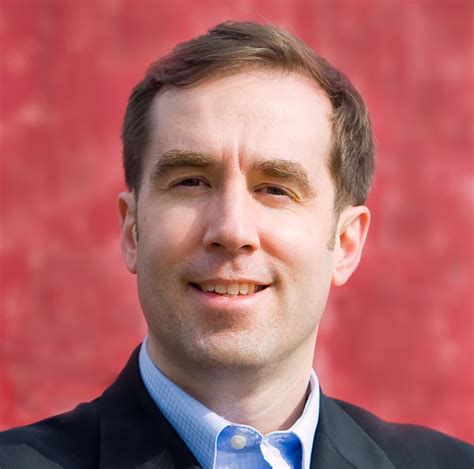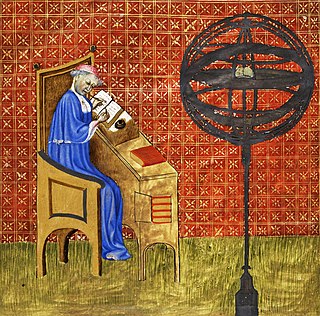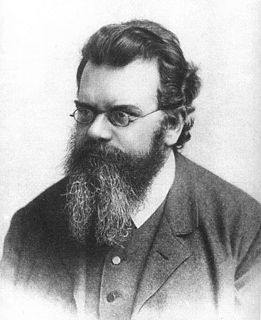A Quote by Aristotle
Such an event is probable in Agathon's sense of the word: 'it is probable,' he says, 'that many things should happen contrary to probability.'
Related Quotes
Nature prefers the more probable states to the less probable because in nature processes take place in the direction of greater probability. Heat goes from a body at higher temperature to a body at lower temperature because the state of equal temperature distribution is more probable than a state of unequal temperature distribution.
[Attributing the origin of life to spontaneous generation.] However improbable we regard this event, it will almost certainly happen at least once.... The time... is of the order of two billion years.... Given so much time, the "impossible" becomes possible, the possible probable, and the probable virtually certain. One only has to wait: time itself performs the miracles.
It follows that the word probability, in its mathematical acceptance, has reference to the state of our knowledge of the circumstances under which an event may happen or fail. With the degree of information we possess concerning the circumstances of an event, the reason we have to think that it will occur, or, to use a single term, our expectation of it will vary. Probability is the expectation founded upon partial knowledge.
The philosopher forms his principles on an infinity of particular observations. He does not confuse truth with plausibility, he takes for truth what is true, for false what is false, for doubtful what is doubtful, and probable what is probable. The philosophical spirit is thus a spirit of observation and accuracy.
At least three studies, in the U.S., Canada and Sweden, have linked glyphosate exposure to the disease, and in 2015, the World Health Organization's International Agency for Research on Cancer found glyphosate to be a 'probable' cause of cancer in humans. California's state environmental protection agency has also declared it a probable carcinogen.










































